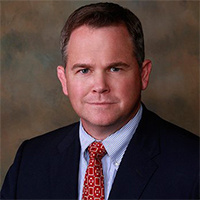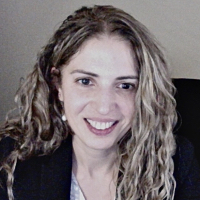San Francisco Criminal Lawyer, California
Sponsored Law Firm
-
 x
x

Click For More Info:
-
Law Office of James Dal Bon
95 S Market St 3rd Fl San Jose, CA 95113 » view mapSanta Monica Employment Law Employment Representation
The Law Offices of James Dal Bon are poised to help during this difficult time, call today and speak with an Attorney right away.
800-913-2581  James Dal Bon San Jose, CA
James Dal Bon San Jose, CAAttorney At Law - CA, 1992
University of San Francisco, J.D. - 1991
 Frequently Asked Questions
Frequently Asked QuestionsEnter text from site here
 Contact UsEmail or Call 24/7
Contact UsEmail or Call 24/7Call today for your initial consultation.
Seth Morris
✓ VERIFIEDWhen the legal system fails you, you can’t leave yourself or your child at the mercy of a judge and 12 jurors. Seth Morris has saved his clients fro... (more)
Jo-Anna Marie Nieves
✓ VERIFIEDArmed with considerable experience working for the District Attorney in Sacramento, CA and her voluminous representation of large corporate clients in... (more)
Robert Gary Cummings
✓ VERIFIEDThe Law Offices of Robert G. Cummings is devoted to the defense of individuals and entities charged with or facing criminal prosecution. Mr. Cumming... (more)
Maria G Guraiib
✓ VERIFIEDI was born and educated in Tucuman, Argentina. I graduated from the National University of Tucuman with a juris doctor and became a practicing attorne... (more)
Marcus Charles Musante
✓ VERIFIEDExperienced Criminal Trial Attorney (state and federal) with 16+ years of diverse experience, handling 50+ jury trials in California, including specia... (more)
FREE CONSULTATION
CONTACT
 Frequently Asked Questions
Frequently Asked Questions Contact UsEmail or Call 24/7
Contact UsEmail or Call 24/7





